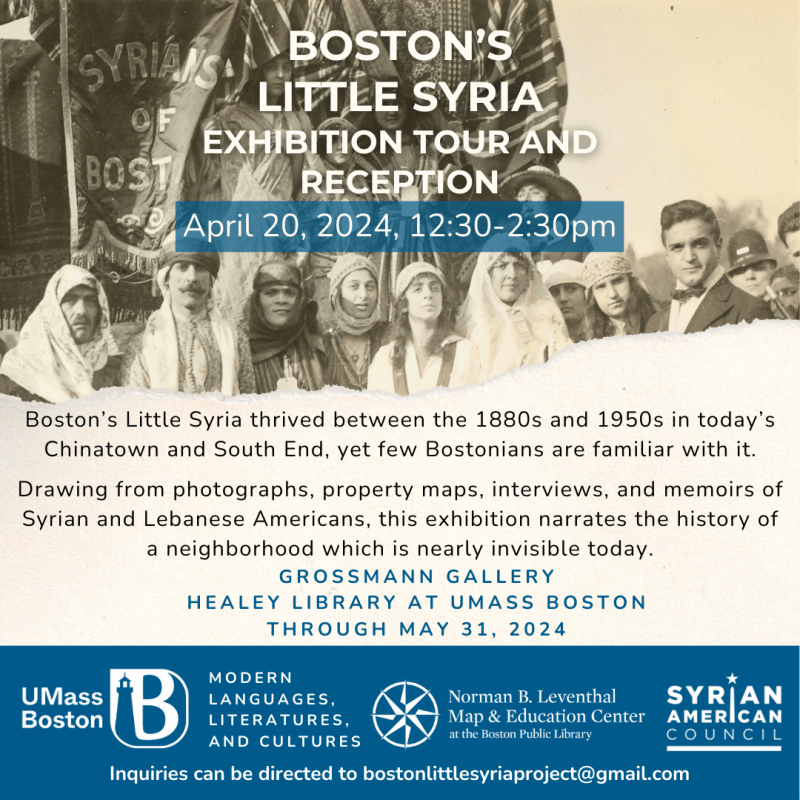
In Between Middle: Where Stories Reside, an exhibition opening June 10, 2025, in the Grossmann Gallery on the fifth floor of the Healey Library, features photographs by Lisa Kessler, and artwork and textual narratives collaboratively created by students and staff of the Lilla G. Frederick Pilot Middle School in Dorchester, MA. The exhibit is hosted by the Joseph P. Healey Library at UMass Boston. The Frederick, the last standalone middle school in the Boston Public School system, will close this year as part of a broader district-wide restructuring. This project captures the final year of the Lilla G. Frederick Pilot Middle School, a community located in the Grove Hall neighborhood of Boston.
The exhibition will be on display through December 5, 2025. A reception will be held in the Grossmann Gallery of the Healey Library on Tuesday, June 10, 2025, from 4:00-5:30 p.m. Members of the university community and the general public are welcome to attend.
As a restorative justice school, the Lilla G. Frederick Pilot Middle School is rooted in community and collective responsibility. Its foundation rests on the five pillars of PRIDE: Personal Responsibility, Respect, Integrity, Determination, and Empathy. Students and staff have long strived to embody the values championed by the school’s namesake, Ms. Lilla Frederick—a Grove Hall resident, tireless community advocate, and passionate believer in the potential of every child.
While the Frederick will no longer serve as a middle school, the community views this transformation with cautious optimism. The shift to a more unified K-6 and 7-12 school model represents an opportunity to address the long-standing systemic inequities and create more equitable access for all of Boston’s children. The building will continue to serve the children and families of Grove Hall as an elementary school—and it will continue to carry the name Lilla G. Frederick, a lasting tribute and a powerful reminder that “someone you never knew believed fiercely in you.”
This project was made possible with support from Unity Circles whose commitment to centering communities most impacted by carceral systems and for their leadership in cultivating intergenerational networks grounded in the principles of Restorative Justice and Transformative Justice. Their support has been instrumental in helping Lilla G. Frederick Pilot Middle School document and archive the powerful community and justice efforts taking place across our learning community. This work reflects our shared vision of supporting young people in developing to their full potential in a welcoming and nurturing environment and creating positive connections to the larger community and the world they will lead.
The Grossmann Gallery is open during Healey Library hours.
University Archives and Special Collections in the Joseph P. Healey Library at UMass Boston collects materials related to the university’s history, as well as materials that reflect the institution’s urban mission and strong support of community service, notably in collections of records of urban planning, social welfare, social action, alternative movements, community organizations, and local history related to neighboring communities.
University Archives and Special Collections welcomes inquiries from individuals, organizations, and businesses interested in donating materials of an archival nature that that fit within our collecting policy. These include manuscripts, documents, organizational archives, collections of photographs, unique publications, and audio and video media. For more information about donating to University Archives and Special Collections, click here or email library.archives@umb.edu.








